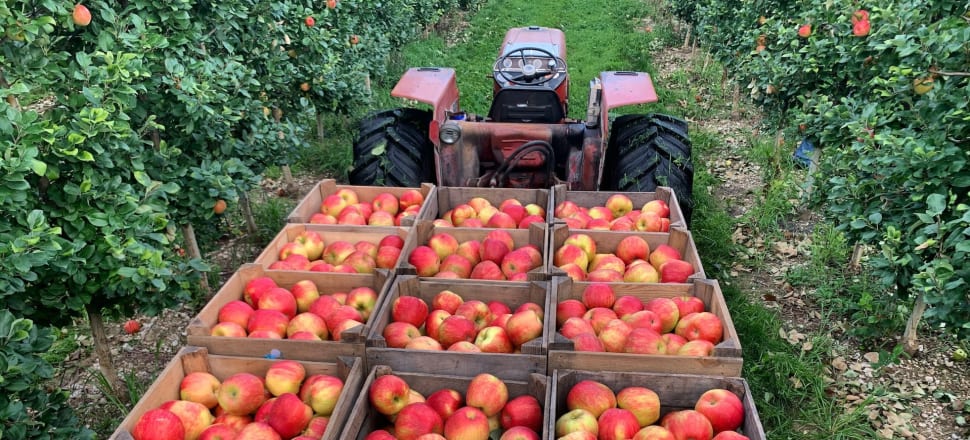
Workers left without protective gear and proper housing post-cyclone.
Pasifika-led relief efforts in the wake of Cyclone Gabrielle have shone more light on conditions endured by some Recognised Seasonal Employer (RSE) workers – the community doesn’t like what it sees.
A member of the Pasifika community in Hawkes Bay liaising with seasonal workers, who didn’t want to be named to avoid any retribution from employers, said RSE workers were afraid to voice their concerns.
The spokesperson said the review of the RSE policy was timely, "It needs to capture the current living conditions of RSE workers. It needs to take an in-depth look at whether the current system is still fit for purpose. We need to measure these standards against our own citizens living for months at a time in such living conditions.
READ MORE: * Calls for wider and permanent RSE rule changes * Cherry picking the RSE evidence * Hundreds of workers flown home to Pacific despite fishing firms’ pleas
"It's important that the RSE workers understand their human rights and are able to voice those rights to their employers without fear of retribution.
“Areas to look into include living space, income and transparent process for voicing concerns in the workplace."
"RSE workers want to return for another season of work, and therefore do not want to cause problems for fear of losing their opportunity to return. The RSE workers' only concern is to financially support their families in the Islands. It would be fantastic to have a system that can over time grant residency."
The spokesperson said the recovery from the flood is taxing on the workers as they will be part of the clean-up as well as working in the orchards. "It's important the employers are looking after an already traumatised group, far from home and recovering from the cyclone."
Some workers were faced with having to purchase their own protective gear and wet weather gear after losing everything they owned in the floods while faced with only getting paid the 30-hour-a-week-minimum, “Once you remove accommodation and food there's not much left.”
“One group was living in an evacuation centre for about a week and they were given their 30 hour minimum, but found that the accommodation fees and charges were still being deducted.” – Maka Pailate, ATHWA
The accommodation costs and PPE issues were also raised by Aotearoa Tongan Health Workers Association chief executive Maka Pailate.
The association is working to assess the needs of Tongan and other Pasifika peoples in the affected regions, including counselling, healthcare and supplies,
“We were concerned about what the boys were wearing to work on a wet day, do they have gumboots, do they have rain jackets to wear to work?” said Pailate.
He said he then realised wet weather gear was the responsibility of the worker, and all the PPE the employer was obliged to provide was for spraying chemicals.
Pailate said some employers had supplied boots and rain jackets out of their own pockets, while others hadn’t.
Unsavoury employer behaviour went beyond providing safety gear.
Taking on seasonal workers, employers commit to paying 30 hours a week minimum as well as supplying accommodation and pastoral care, which is typically deducted from their pay.
“One group was living in an evacuation centre for about a week and they were given their 30 hour minimum, but found that the accommodation fees and charges were still being deducted.”
He believed Pacific Island nations could also do more to improve the conditions of their citizens working in New Zealand – he knows of an RSE liaison officer for an island nation working in New Zealand who, because of being paid part time, also had to take on work with an employer.
“You should have a guy totally independent to look after the welfare of the workers rather than being employed by two parties – the government the liaison officer is coming from, and the farmer.”
Immigration New Zealand general manager of refugee and migrant services Fiona Whiteridge said well-being of RSE workers was a top priority for the agency and employers.
She said the vast majority of the 690 Hawkes Bay workers whose accommodation was disrupted by the cyclone were now back in approved housing, with only 40 workers for one employer in a temporary living situation as of March 3.
Whiteridge confirmed the review of RSE settings was also considering worker wellbeing, pastoral care, deductions, rights and benefits.






